25, March 2023
Flooding in Cameroon: Greenpeace Africa demands effective and rapid government response 0
Cameroon is plunged under water every rainy season. Greenpeace Africa is calling on the government to put in place an effective disaster risk management plan.
The return of the rains this August has caused several floods in three regions of Cameroon (Littoral, Far North and Adamaoua). Faced with this situation, which seems to be getting worse over the years, the Cameroonian government’s responses do not seem to be accurate.
On Monday night (August 21, 2021), a heavy rain fell in the city of Ngaoundéré (Adamaoua Region) causing flooding, with several material damages. The far north region is not left out, since the beginning of August 2021, cases of flooding are recorded in several departments of the region. The case of the city of Douala is symptomatic of this ongoing situation. The consequences are sometimes very heavy, including loss of life. These floods that are becoming recurrent in Cameroon as in several other countries of the world are one of the strong signs that climate change is a reality and require urgent action from leaders.
Ranece Jovial Ndjeudja, Campaigner at Greenpeace Africa, says, “We need to attack the root of the problem. The floods we are experiencing today are the result of little to no foresight on the part of the government.”
In 2020 alone, nearly 160,000 people were affected by flooding in the far north of Cameroon, a region already heavily impacted by the exactions of the Boko Haram sect and which like the rest of the world had to deal with the COVID 19 pandemic.
Greenpeace Africa calls on the government of Cameroon to take its responsibilities and reconsider its international commitments in terms of risk management and natural disasters, protection of people and the fight against climate change. “We note that, for cities like Douala and Yaoundé, the outflow of rivers from their beds is partly linked to the clogging of drains by plastic bottles. Where are we with the ban on the use of non-biodegradable plastic packaging decided in 2014? It is clear that its implementation was limited to the first weeks of the signing of the decree!”, says Ranèce Jovial Ndjeudja.
It is more than urgent for Cameroon to ensure the implementation of the measures in its contingency plan. It is also important to put in place adaptation measures in order to prevent disasters related to the changing climate but also to protect people and their property, and thus remain consistent with its international commitments in the fight against climate change.

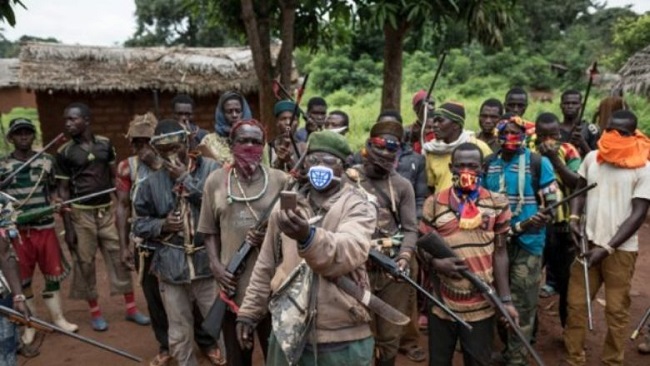
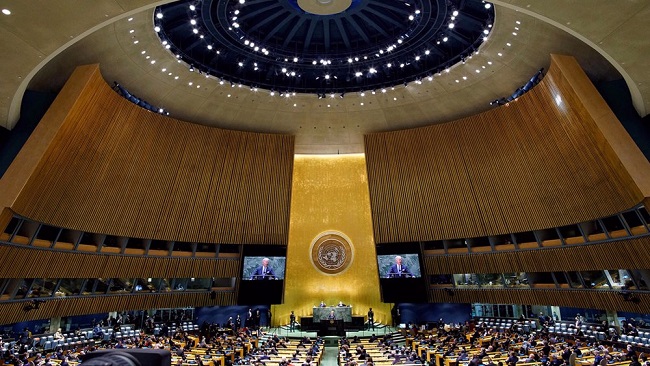


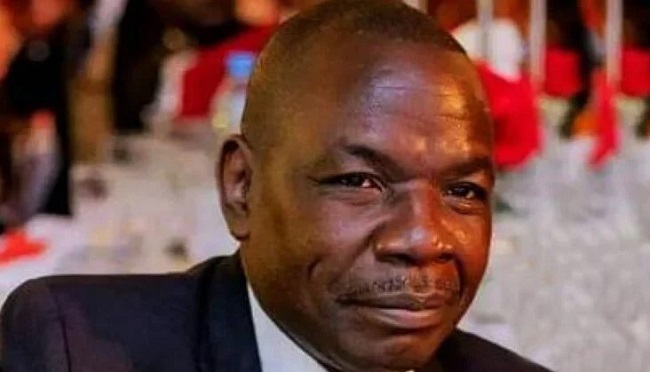

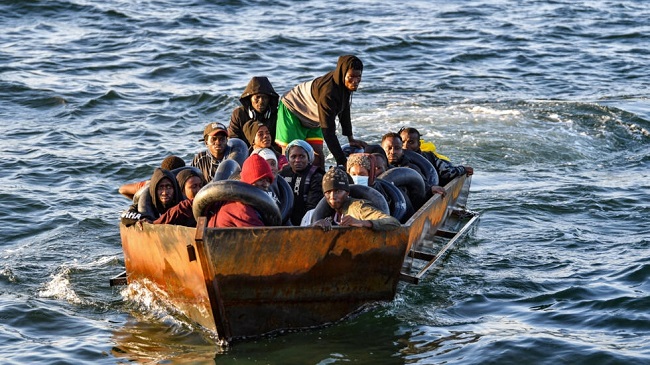
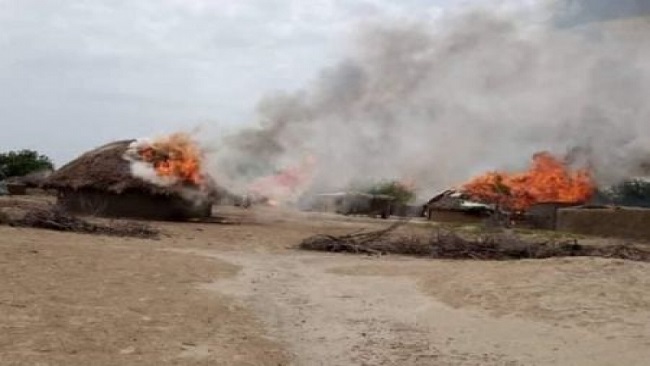


















25, March 2023
CPDM Crime Syndicate: Biya’s party wins all Senate seats 0
The party of President Paul Biya, who has ruled Cameroon for more than 40 years, unsurprisingly won all 70 seats in the indirectly elected Senate on March 12, the Constitutional Council announced Thursday.
The 90-year-old omnipotent head of state must also appoint 30 more senators in the next 10 days.
The Rassemblement démocratique du peuple camerounais (RDPC) has even strengthened its total domination of the upper house of parliament since the opposition had seven seats in the outgoing Senate.
The CPDM lists, which came out on top in each of Cameroon’s ten administrative regions, won all the seats in each of these regions, according to the results read out by Clement Atangana, the president of the Constitutional Council, during a ceremony broadcast live on CRTV, the public television.
In the ten regions of this central African country of some 28 million inhabitants, 10 parties had presented candidates to 11,134 electors: regional councillors, municipal councillors and traditional chiefs.
The CPDM was the only party to present lists in all ten regions. It controls 316 of Cameroon’s 360 communes.
In the National Assembly, Mr. Biya’s party and its allies also have an overwhelming majority of 164 deputies out of 180, elected in February 2020.
The only issue at stake in the senatorial elections is the election, once the 30 additional senators are appointed by the head of state, of the president of the Senate, who is constitutionally responsible for the interim in case of vacancy at the head of power. But he must organise a presidential election within 120 days, in which he is not allowed to run.
The incumbent, Marcel Niat Njifenji, 88, who is very close to Mr Biya, has held the post for 10 years.
The “succession” of Paul Biya is on everyone’s lips. In case of death or incapacity of the president, the CPDM will have to designate a successor who will have every chance of winning the presidential election. But no personality, even among those closest to Mr. Biya, dares to step forward publicly.
Paul Biya has ruled Cameroon since 1982 with an iron fist, regularly accused by the UN and international NGOs of ruthlessly repressing the opposition in the streets and a bloody separatist rebellion in the two western regions populated mainly by the English-speaking Cameroonian minority.
Source: Africa News